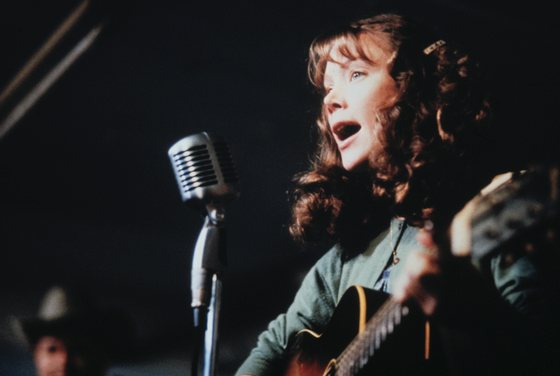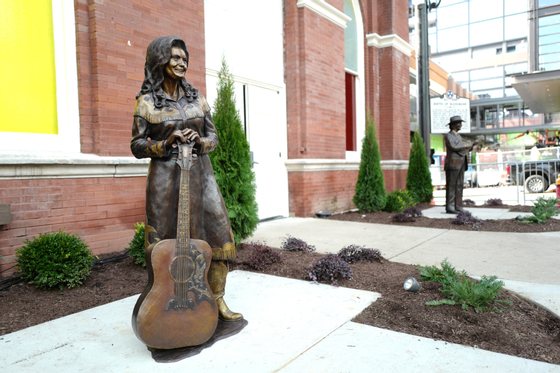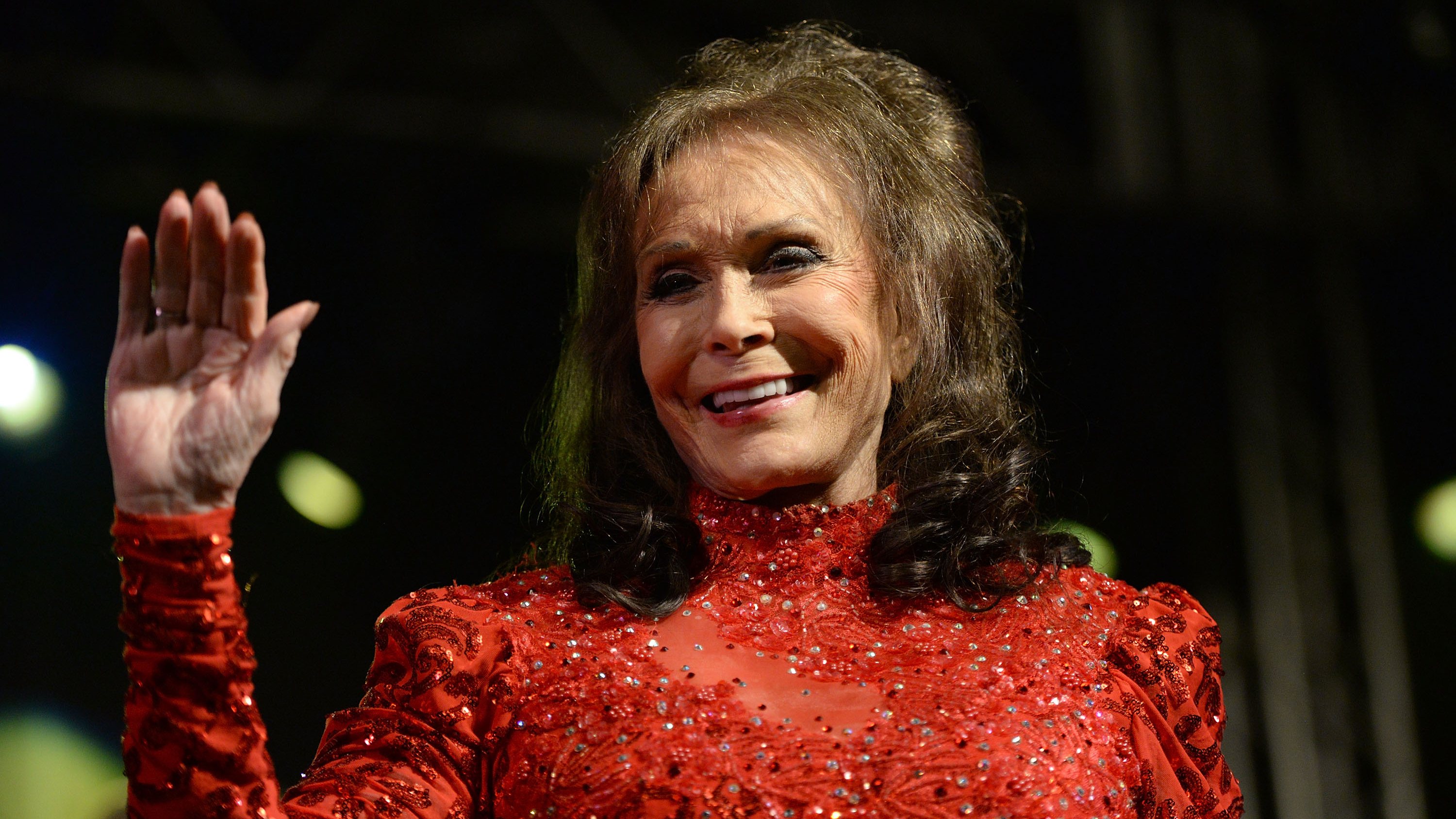Loretta Lynn, the biggest name in American country music and a feminist icon in the 1970s, died Tuesday at the age of 90. The information was confirmed by the family in an official statement.
With lyrics that reflected the perspective of working women in rural America, Lynn redefined the conventions and commercial potential of a male-dominated genre. Barack Obama described him, on the occasion of his decoration in 2013, as “the queen of the country”.
In addition to music, her life story, which typified ideas of the American dream, made her famous. Born in Kentucky into a poor family (which she immortalized in one of her most famous songs, Coal Miner’s Daughter, considered one of the most important songs of the 20th century), she rose to the top of the Nashville music industry. . becoming the most awarded country artist in history.
His personal life has always been an inspiration for the songs he composed. In particular, her troubled marriage to Oliver “Dolittle” Lynn, when Loretta was just 15 years old, was addressed by the singer in several of her best-known songs, such as “Don’t Come Home A-Drinkin’ (With Lovin’ in your mind)”.
Doo was always trying to figure out which lines in my songs were about him; in fact, 90% of the time all the verses were about him,” Lynn said in 2000.
Despite the turbulent relationship with her husband, this was for years. manager of the artist and one of the people who most encouraged her to pursue her musical career. The two were married for nearly 50 years, until “Dolittle” Lynn’s death in 1996.
A mother at 16 and a grandmother at 29, Loretta Lynn’s life was an example of overcoming and of the difficulties faced by women of her generation and social status. Despite this, or perhaps because of it, she became an emblem of the struggle of the women of her generation for emancipation and gender equality, claimed in songs like “We’ve Come a Long Way, Baby “.
Her life story ended up being immortalized on film in 1980, aptly titled “The Coal Miner’s Daughter,” earning Sissy Spacek the Best Actress Oscar for her portrayal of the country’s icon.

Sissy Spacek played the artist in 1980’s “The Coal Miner’s Daughter,” in a role that earned her an Oscar for best actress.
Lynn had a complex relationship with politics. If she, on the one hand, tried to stay away from fracturing issues that alienated a part of her fans, the truth is that she ended up composing several feminist hymns, as well as protest songs against the Vietnam War. She at the same time donated to the Republican Party and, in 2016, was one of the few artists, men or women, to declare his support for Donald Trump in the elections he would eventually win.
Above all, her artistic legacy and her impact on the music industry remain in history (which is why a statue of the singer was unveiled in 2020 in Nashville). Loretta Lynn is survived by four children, seventeen grandchildren, several great-grandchildren, and a legion of fans who will keep her songs alive.

Loretta Lynn statue outside Ryman Auditorium in Nashville, Tennessee
Source: Observadora
